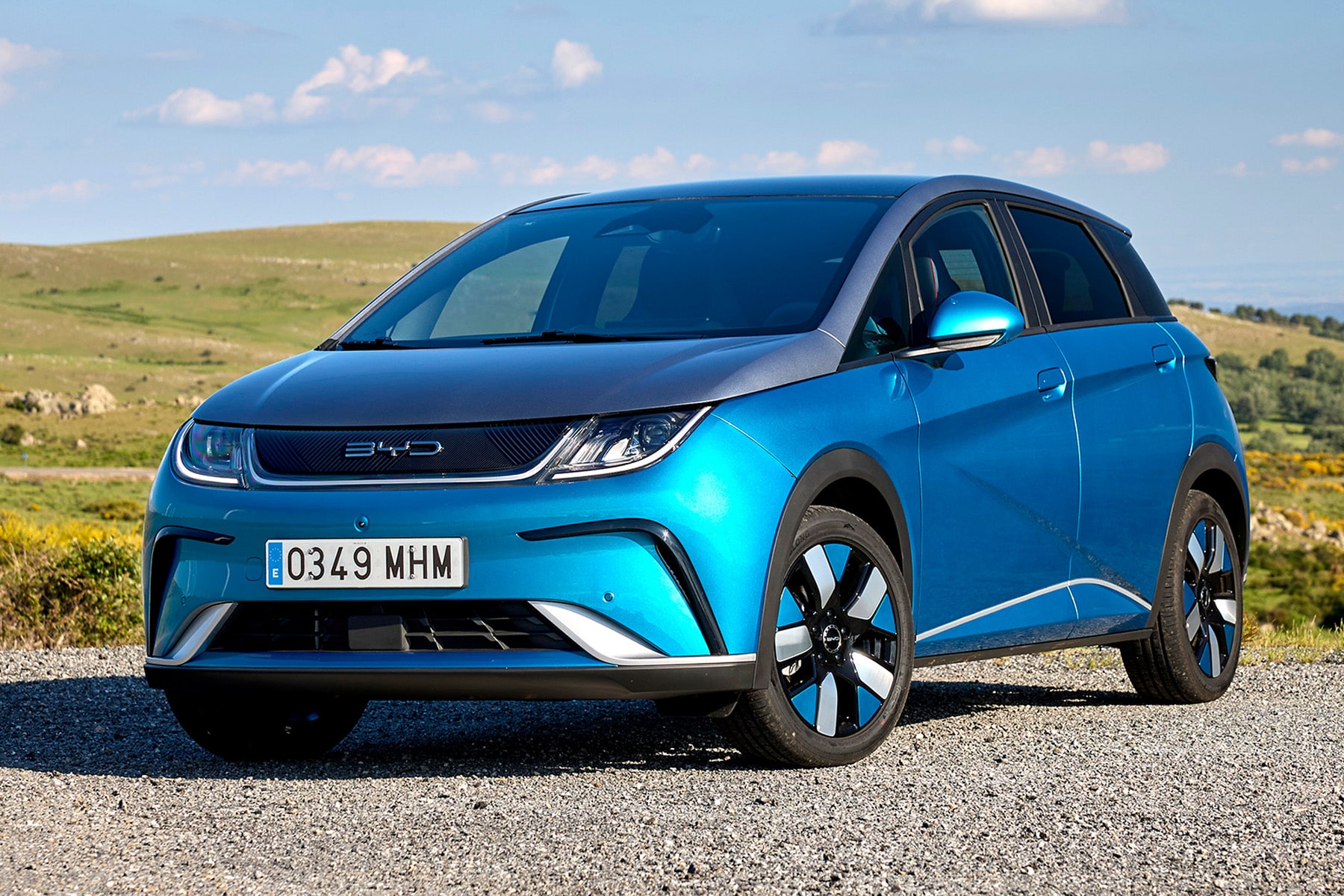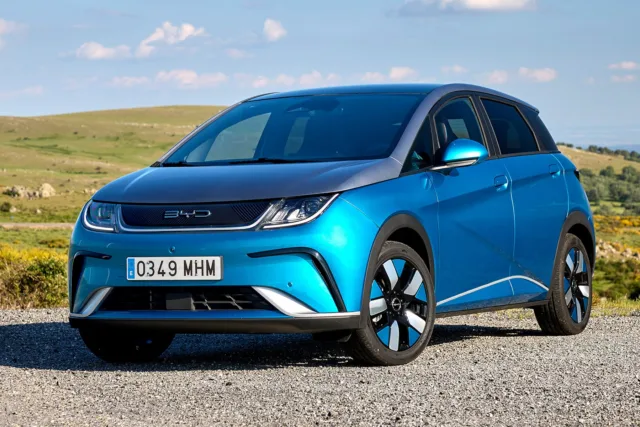
Two sources familiar with the matter told Reuters that BYD could postpone the start of production at its Hungarian EV factory, initially announced for the end of this year, until 2026 and would operate the site “below capacity for at least the first two years.” Last year, BYD executive Stella Li initially said the plant would kick off production at the end of 2025. She also said that the Dolphin and the Atto 3 compact SUV, both currently imported from China, would initially roll off the production line there.
The factory in Szeged, southern Hungary, is designed for an initial annual capacity of 150,000 vehicles, with plans to expand to 300,000 vehicles. BYD chose the location not only due to its good ties with Hungary via its electric bus plant in Komarom but also to avoid EU anti-subsidy tariffs. The plant was thus seen as a success for the EU’s policy to make EV imports from China less attractive and instead create local value.
However, the Reuters sources’ information points rather to a setback for the EU: despite investing up to four billion euros in the site, BYD is expected to build “a few tens of thousands of vehicles” in Szeged in 2026 – a fraction of its capacity. Production is forecast to increase in 2027, though it will remain below planned capacity. Reuters states that a third source confirmed the slower ramp-up in 2026. BYD itself has not issued a statement.
The company had initially fast-tracked its Hungarian EV production plans. BYD announced the factory construction at the end of 2023, and by February 2024, stated it would open within three years. With the SoP originally scheduled for late 2025, BYD would have significantly beaten that target.
While the lower production output in Hungary represents a strategic shift for BYD, it does not signal a withdrawal from its growth plans with local production for Europe. Insiders say that in return for the adjusted Hungary plans, production in Turkey will be accelerated. The one-billion-dollar Turkish plant had been scheduled to begin operations at the end of 2026, also with a capacity of 150,000 vehicles. Now, the SoP is to be brought forward. According to one of the informants cited by Reuters, the factory in Manisa in western Turkey will produce more cars than the Hungarian plant as early as 2026. Production there is expected to exceed the planned 150,000 units in 2027 and rise further in 2028.
Behind this (partial) shift in European production lie labour costs, as these are significantly lower in Turkey. While Turkey is only just establishing its own EV brand with Togg, it has been known for decades as a cost-effective production location for the European market. Toyota, Stellantis, Ford (including for VW Commercial Vehicles), Hyundai and Renault all manufacture vehicles there.
The EVs BYD currently sells in Europe are all imported from China. These imports attract a standard ten per cent duty plus a 17 per cent anti-subsidy tariff in the case of BYD – totalling 27 per cent. Production in Hungary would eliminate these tariffs. However, vehicles manufactured in Turkey are also exempt from EU import duties.









